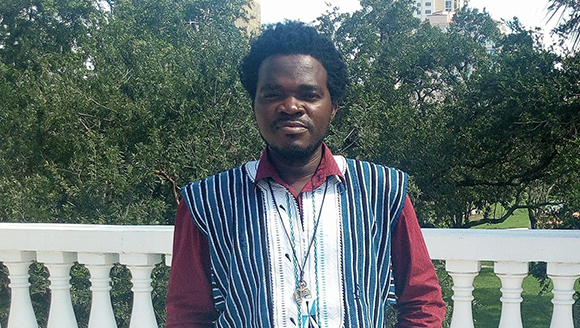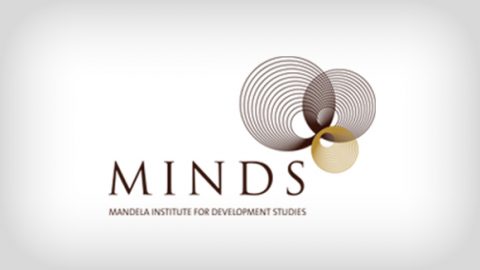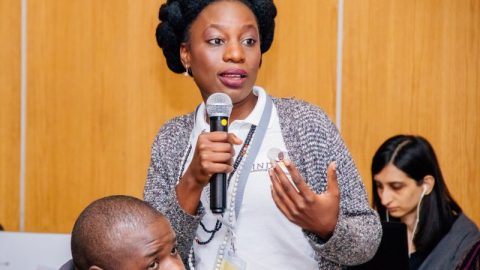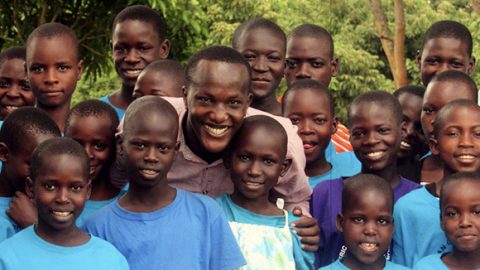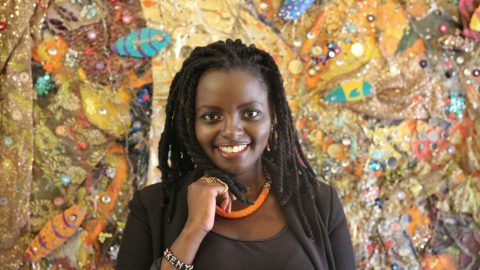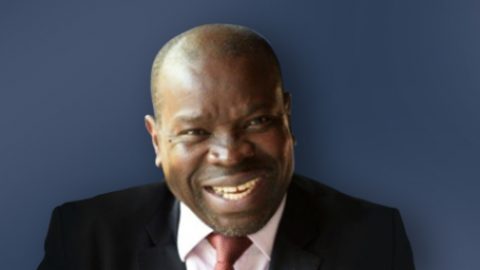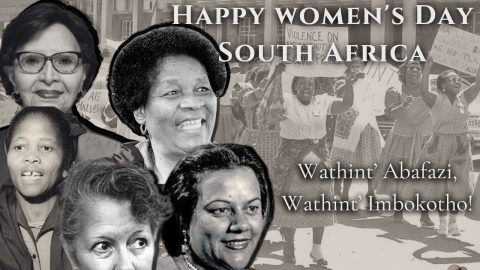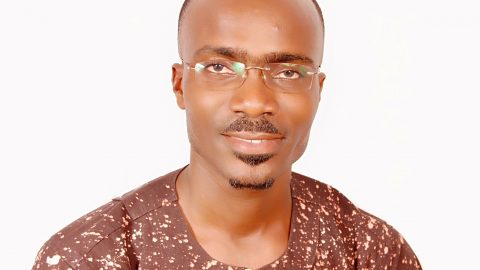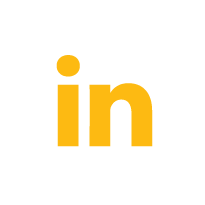Moses Bailey – MINDS Alumnus, Liberia
July 2018
Facebook: Moses Bailey
LinkedIn: Moses Bailey
Why is it important to have think tanks such as MINDS driving the discourse on leadership, governance, political accountability, roles that the continent’s youth can and should be playing to inform and drive socio-economic and political change in Africa?
Most countries in Africa are still crawling to have effective governance and economic systems that can truly liberate their citizens from the dungeons of poverty to sustainable development. I strongly feel that there are fundamentally three causes for the lack of effective systems in most of our countries.
Firstly, I feel that most of the laws and policies of most African nations are crafted, not from independent and informed standpoints; the crafters and the laws are heavily influenced economically and politically by the powers that be for some selfish reasons. Secondary, it could be that those in leaderships across Africa are knowingly ignoring the fact that as leaders of their people, they ought to work harder according to their own laws and policies (if they exist), to improve conditions for those they lead. And regrettably, the lack of independent minded institutions that speak truths to power about governance, helping citizens to clearly understand their roles and responsibilities in governance processes, and engaging into independent and informed policy formulation to impact Africa is another factor responsible for Africa’s underdevelopment. Therefore, the need to have think tanks in Africa such as the Mandela Institute for Development Studies (MINDS), that is working from an independent standpoint to address some of the factors mentioned above and many more can’t be overemphasized. Africa, therefore, needs more institutions like MINDS to help lead the discussions around leadership and governance, youth’s participation in decision-making in an effort to drive socio-economic and political change in Africa.
How did your engagement with MINDS change your views, approach, and opportunity to become more engaged and involved?
My engagement with MINDS has taught me to understand that as young people of Africa, if we want a change that will truly work for us we need to take the lead. And the way we can take the lead is to arm ourselves with the laws and policies that govern our respective countries. We must also build integrity and seek for political leaderships in order to effect the positive changes that we want. My connection with MINDS has since set that basis for me to always want to aspire for democratic knowledge to help build the Africa that I want. MINDS also provided me the opportunity to join a network of young Africans across the continent that I can rely and count on in terms of sharing knowledge and resources.
What have you done since engaging with MINDS?
Coming from a country where 60 % to 65 % of the population are youth, I have since developed the passion to work with young people in particular. Helping them understand our democratic governance system and laws governing our country, their roles and responsibilities in improving the system, community service, among others. I have organised capacity building training sessions for youth across our country in leadership, advocacy, peace-building, facilitation skills, elections and journalism, amongst several others.
How can we (individually, as countries and the continent) do more, do better and do differently? And how are you going to be involved?
Individually we must understand that the solutions to our leadership and governance challenges in Africa lies with us; we must be individually sincere and work hard to improve Africa. As African countries, we must begin to relook at some of our laws and policies that hinder development, to ensure that they are crafted from independent and informed standpoints that suit our context as Africans. I will continue to be involved with positive initiatives that will improve my country and Africa through my networks here at home and abroad.
To learn more about how you can submit an article or blog for consideration, please read our Editorial Policy Guidelines document.

